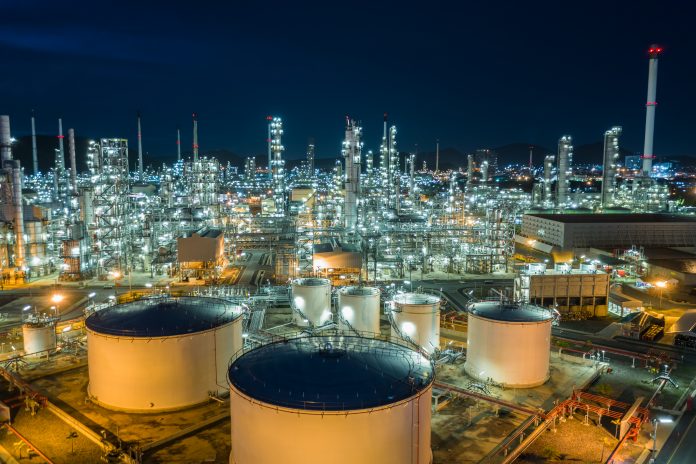Yesterday, President Biden signed a slew of executive orders on climate change, describing the new proposals as a way to fight an “existential threat”
Yesterday (27 January), President Biden signed a range of environmental executive orders.
Back in April, 2020, Joe Biden wrote a Foreign Affairs op-ed on what policy moves he would make in his first days of office.
At the time, countless countries were experiencing their first wave of COVID – resulting in great loss of life, overwhelmed healthcare staff and a rapidly fluctuating economy.
We wrote about what Americans across the country think about climate change here, if you want a refresher on public attitudes.
On climate challenges, he put across his ideas with clarity and little hesitation. President Biden, then a candidate, named the ever-changing world as one of the most crucial things the US Government would face in the imminent future: “climate change, the renewed threat of nuclear war, and disruptive technology.”
How many executive orders were there?
- ‘Tackling the climate crisis at home and abroad’
- ‘Science and integrity and evidence-based policy making’
- ‘President’s Council of Advisors on Science and Technology established’
What changes did these orders propose?
The Biden-Kamala stance on climate change expressively courts the US economy – throughout his remarks, the President was careful to forefront American manufacturing and jobs. He proposes that the US will build 500,000 new electric vehicle charging stations, with one million new jobs in the American automobile industry to build those vehicles.
In addition, he proposed carbon-neutrality in the US by 2035.
When it comes to the environment, President Biden continues to link COVID-19, other public health crises and socio-economic inequalities together. He further proposed that 1.5 million new energy-efficient homes and public housing units will be built, which he levels as a measure that addresses the health crisis of racial minorities who live in built-up areas.
He suggested another 250,000 jobs in fixing abandoned oil and gas wells – which can be a toxic hazard for nearby communities.
The President further nodded to the history of US oil and gas, commenting that: “We’re never going to forget the men and women who dug the coal and built the nation. We’re going to do right by them.”
He will not be banning fracking – an interesting move, as there are Democrats who are avidly for and against this.
Finally, he will be cancelling the allotted $40 billion in fossil fuel subsidies usually given – with appropriate Congressional support.











